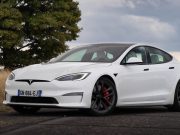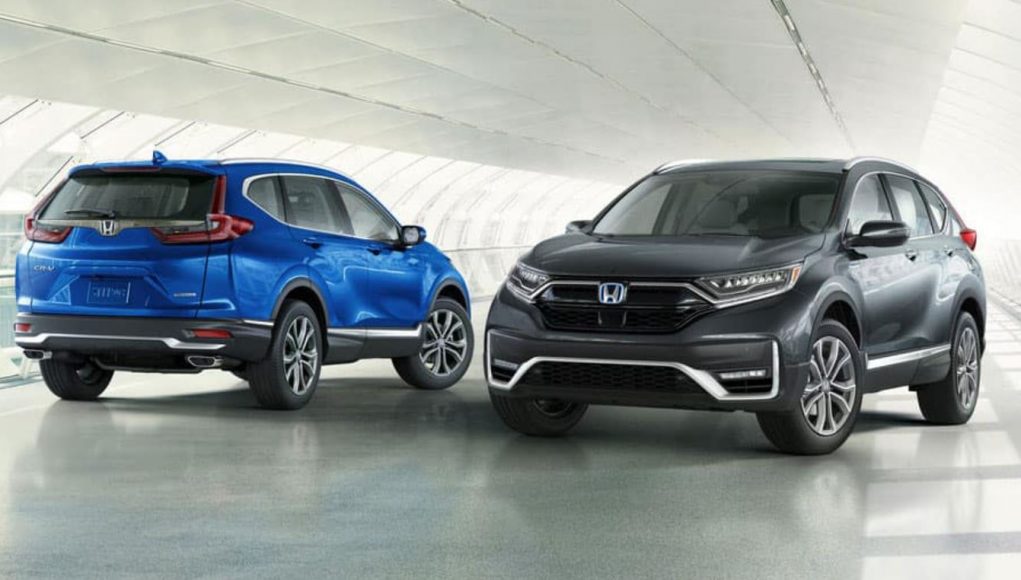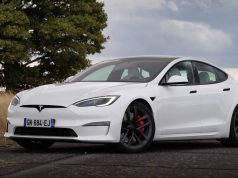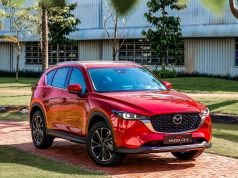A CUV, or Crossover Utility Vehicle, is a type of vehicle that merges the characteristics of a sedan with those of an SUV. Built on a unibody frame similar to passenger cars, CUVs offer a smoother, more fuel-efficient ride while still providing the higher driving position and increased cargo space of an SUV. In this guide, we’ll explore the features, benefits, and popular models of CUVs, as well as how they compare to traditional SUVs.
Definition of CUV
The term CUV originated from the idea of combining the versatility of an SUV with the ease and comfort of a sedan. Unlike SUVs, which are built on a truck chassis, CUVs are based on a unibody construction, meaning the body and frame are a single unit. This allows for a lighter and more agile vehicle, making CUVs more fuel-efficient and better suited for city driving.
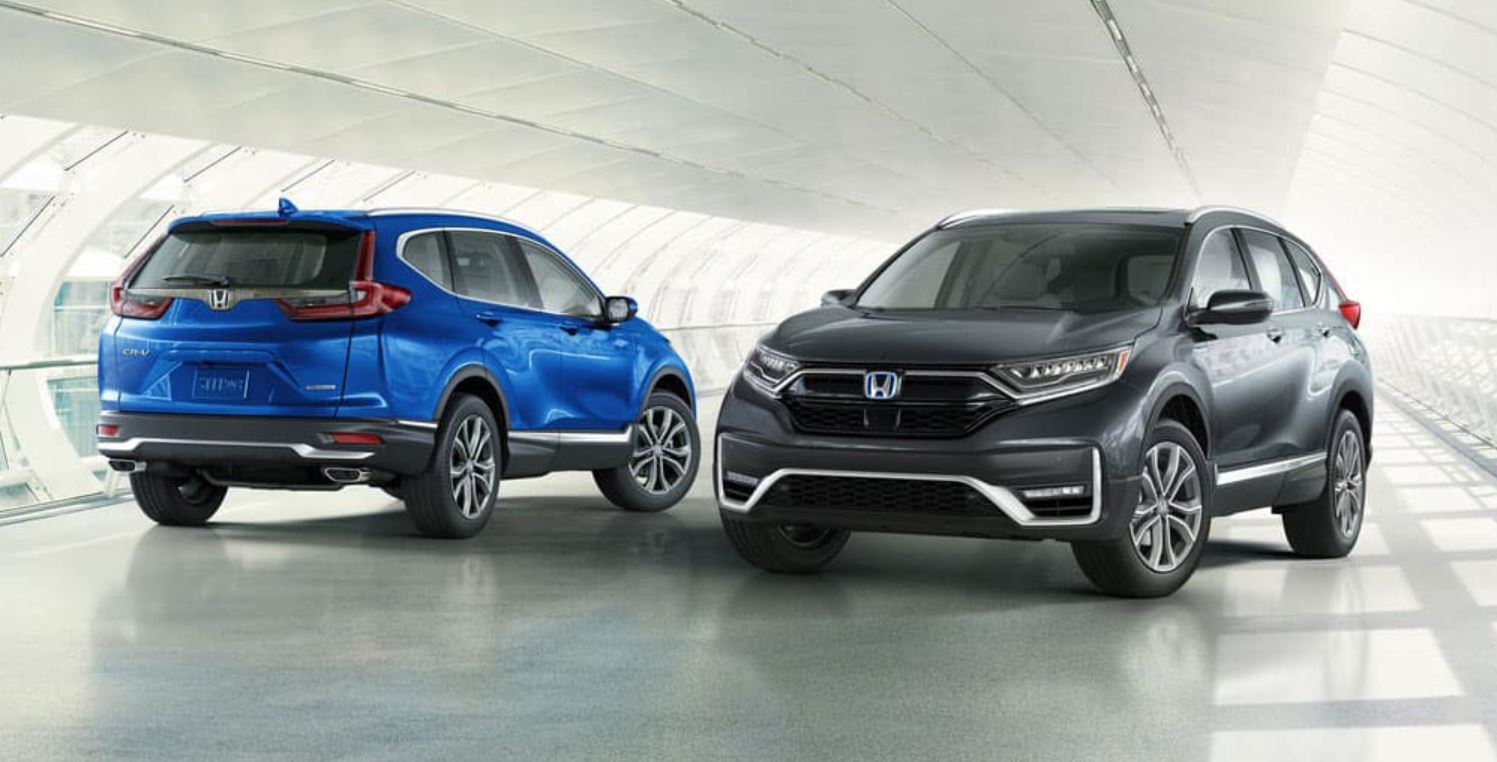
Key Features of a CUV:
- Unibody Construction: Built on a car platform, making it lighter and easier to maneuver.
- Fuel Efficiency: More fuel-efficient than traditional SUVs, offering better mileage for daily driving.
- Interior Space: Designed to offer spacious interiors, with ample cargo room and seating for families.
- Versatility: CUVs often come with all-wheel drive (AWD) options, allowing them to handle mild off-road conditions or bad weather with ease.
Comparison with SUVs:
While CUVs provide the convenience and comfort of sedans, they offer a higher driving position and more space, similar to SUVs. To understand how SUVs differ, you can explore the concept of SUVs and their rugged capabilities in this SUV Concept Review.
Key Characteristics of CUVs
Design and Construction:
- Unibody Design: CUVs share a design philosophy with cars, making them lighter, more fuel-efficient, and easier to drive, especially in cities.
- Front-Wheel Drive (FWD): Most CUVs feature front-wheel drive, though all-wheel drive (AWD) options are available for those who want added control in challenging weather conditions.
- Compact Size: CUVs tend to be smaller than SUVs, making them ideal for urban drivers who need the extra space without the bulk of a full-size vehicle.
Fuel Efficiency:
One of the standout features of CUVs is their fuel efficiency. Compared to larger, heavier SUVs, CUVs offer better mileage, saving money on fuel over time.
Interior Space and Comfort:
Despite their smaller size, CUVs provide plenty of room for passengers and cargo. They often feature higher seating positions, offering drivers a better view of the road, while still maintaining a comfortable, car-like driving experience.
Popular CUV Models
1. Mazda CX-5
One of the top contenders in the CUV market, the Mazda CX-5 offers sleek styling, impressive handling, and a fuel-efficient engine. It strikes a balance between luxury and practicality, making it a popular choice for both urban and family drivers.
2. Honda CR-V
A perennial favorite, the Honda CR-V is known for its reliability, spacious interior, and advanced safety features. It is one of the best-selling CUVs worldwide, praised for its comfort and versatility.
3. Toyota RAV4
The Toyota RAV4 has long been a staple in the crossover market. Known for its rugged look and hybrid engine options, the RAV4 offers eco-friendly driving without compromising on performance or space.
4. Nissan Rogue
The Nissan Rogue combines stylish design with advanced technology. It features spacious interiors and a range of driver-assistance features, making it an ideal option for those looking for a family-friendly vehicle.
5. Kia Seltos
This compact CUV offers a great blend of modern technology, spacious interiors, and a stylish design. Despite its smaller size, the Kia Seltos provides a roomy cabin, making it perfect for city driving.
6. Hyundai Tucson
The Hyundai Tucson is well-regarded for its bold design and user-friendly technology. It offers upscale features in a compact size, catering to those who want a mix of luxury and practicality in a CUV.
Why Choose a CUV?
1. City-Friendly Design
CUVs are designed with urban drivers in mind. Their compact size makes parking and maneuvering through tight spaces easier, while still offering enough room for passengers and cargo.
2. Fuel Efficiency
Compared to SUVs, CUVs are more fuel-efficient, making them ideal for daily commuting. With rising fuel prices, this added efficiency makes CUVs a smart choice for cost-conscious drivers.
3. Comfort and Utility
CUVs provide a comfortable driving experience while offering the cargo space and seating capacity of an SUV. This balance between utility and comfort makes CUVs perfect for families, weekend adventurers, and daily commuters alike.
4. Advanced Safety Features
Most modern CUVs come equipped with a host of advanced safety features, such as blind-spot monitoring, lane-keeping assist, and automatic emergency braking. These technologies make CUVs an attractive option for families prioritizing safety.
5. Affordability
CUVs are generally more affordable than larger SUVs, both in terms of initial purchase price and running costs. For those who want the benefits of an SUV without the higher price tag, a CUV is a great alternative.
Differences Between CUVs and SUVs
| Feature | CUV | SUV |
|---|---|---|
| Platform | Unibody construction (car-based platform) | Body-on-frame construction (truck-based) |
| Size | Smaller, compact | Larger, with more passenger and cargo space |
| Fuel Efficiency | More fuel-efficient | Generally less efficient due to larger engines |
| Off-Road Capability | Limited off-road ability | Better suited for rough terrain and off-roading |
| Handling and Comfort | Easier to handle, smoother ride | More rugged, less agile in city driving |
CUVs provide a more comfortable and efficient option for city driving and light off-road use, while SUVs are better suited for those who need more space and serious off-road capabilities.
Frequently Asked Questions (FAQs)
What is the main difference between a CUV and an SUV?
CUVs are built on car platforms, which makes them lighter and more fuel-efficient, while SUVs are built on truck platforms, providing more durability and off-road capability.
Are CUVs suitable for off-road driving?
While most CUVs are not designed for serious off-roading, many models offer all-wheel drive (AWD), which can handle light off-road conditions and poor weather.
Which CUV models are the most fuel-efficient?
The Toyota RAV4 Hybrid and Honda CR-V are among the most fuel-efficient CUVs, offering great mileage without sacrificing performance.
Why are CUVs becoming more popular?
CUVs offer the spaciousness and versatility of SUVs, combined with the comfort, fuel efficiency, and handling of a sedan, making them an increasingly attractive choice for modern drivers.
Conclusion
CUVs offer a perfect blend of practicality, efficiency, and comfort, making them an ideal choice for urban drivers and families alike. With their unibody construction, fuel efficiency, and ample interior space, CUVs provide the best of both worlds. Whether you’re commuting to work or embarking on a weekend adventure, a CUV can offer the versatility and performance you need.





